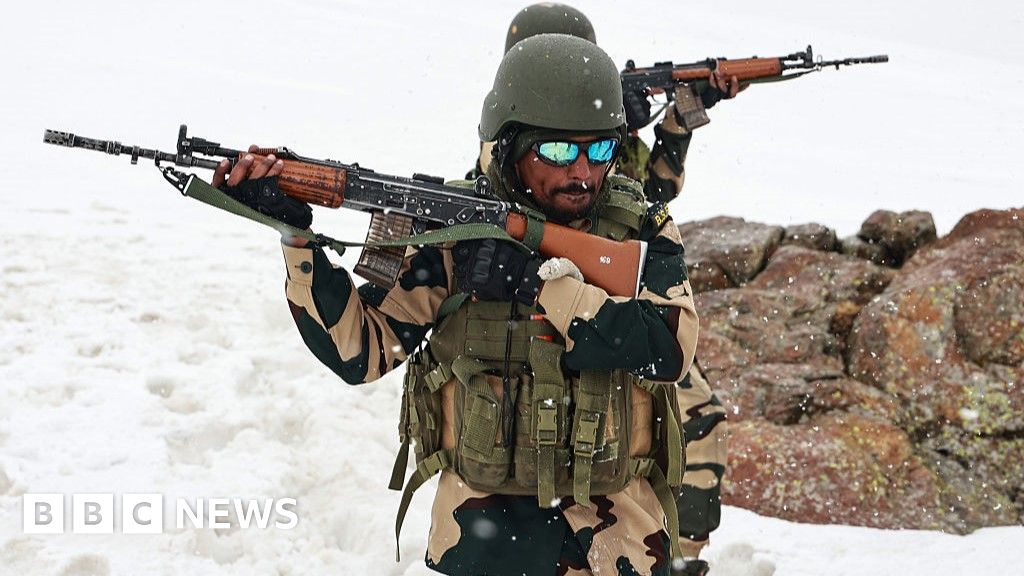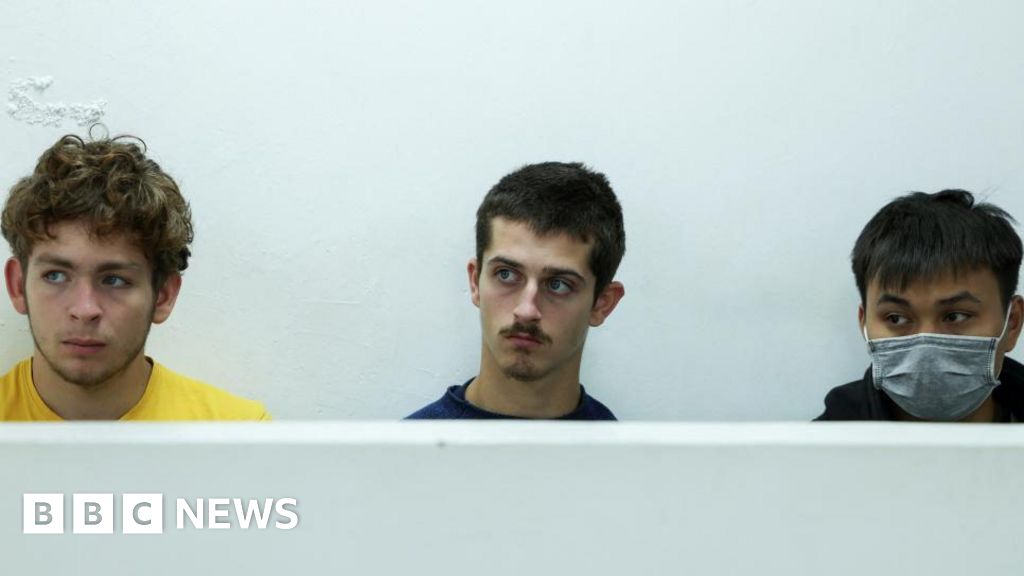ARTICLE AD BOX
image sourceGetty Images
image captionEuropean security organisation OSCE has already said it will not be monitoring the September voteIndependent Russian vote monitor Golos has been labelled a foreign agent a month ahead of parliamentary elections.
Golos detailed cases of fraud across Russia in the 2011 parliamentary vote and its head has vowed it will continue its work in the September vote.
President Vladimir Putin's United Russia has declined in popularity but is aiming to maintain its majority.
Opposition figures have been targeted, with Kremlin critic Alexei Navalny in jail and allies barred from running.
Formed in 2000 as a non-government organisation, Golos (which means "voice" and "vote") was declared a foreign agent in 2013 but then became an unregistered civil movement.
It has now become the first group on a new list of foreign agents that covers unregistered groups, apparently because of funding from an Armenian citizen.
"This is an attempt to prevent Russian citizens from exercising their right," said Golos co-chair Grigory Melkonyants, who pledged to continue as normal.
The Organisation for Security and Cooperation in Europe (OSCE) said recently it would not send observers for next month's elections due to restrictions imposed by the Russian authorities.
Separately, Russia's foreign ministry has accused Western countries of trying to influence the election campaign by focusing on the poisoning of leading opposition figure Alexei Navalny.
Mr Navalny was attacked with a nerve agent in Siberia on 20 August last year, and only survived after treatment in Germany. He was jailed immediately on his return to Russia in January, amid protests in many Russian cities.
In a lengthy statement to mark the anniversary of the attack, Russia's foreign ministry accused the West of "hype" and an "aggressive propaganda campaign" around the case.
Earlier this month Russian Foreign Minister Sergei Lavrov, who is himself a top United Russia candidate, accused the West of using "international organisations to make it difficult to hold elections in every possible way".
Police this week visited the homes of at least 30 people who signed up as Navalny supporters, according to human rights activists.
Independent monitor OVD-Info said police had demanded to know why their names were on a Navalny database, which was recently leaked.
Navalny has tried to push a strategy of "smart voting" to target candidates from the ruling United Russia party.
In June a Moscow court banned his Anti-Corruption Foundation (FBK) as well as its regional network as "extremist". That meant that anyone publicly supporting Mr Navalny's political network could be barred from running for public office.
According to latest opinion polls, United Russia's support has fallen to around 27% before the three-day vote from 17-19 September, well ahead of other parties that have been authorised to run. United Russia is due to hold a party congress on 24 August.

 3 years ago
172
3 years ago
172








 English (US) ·
English (US) ·